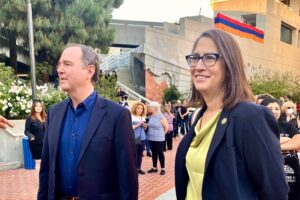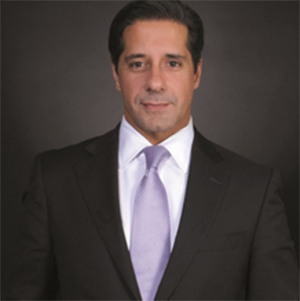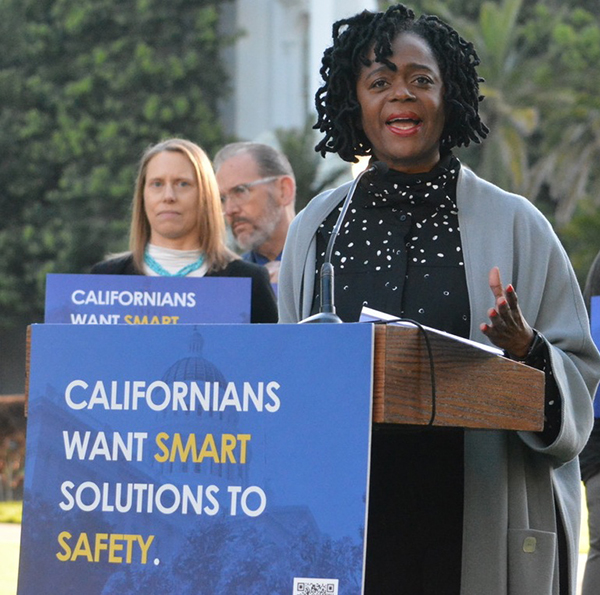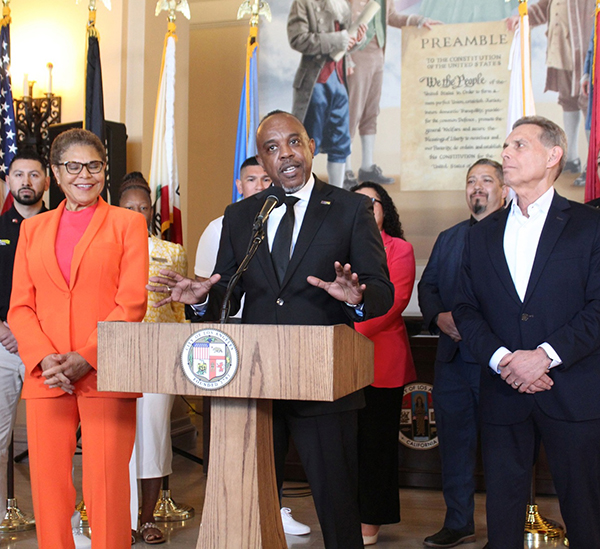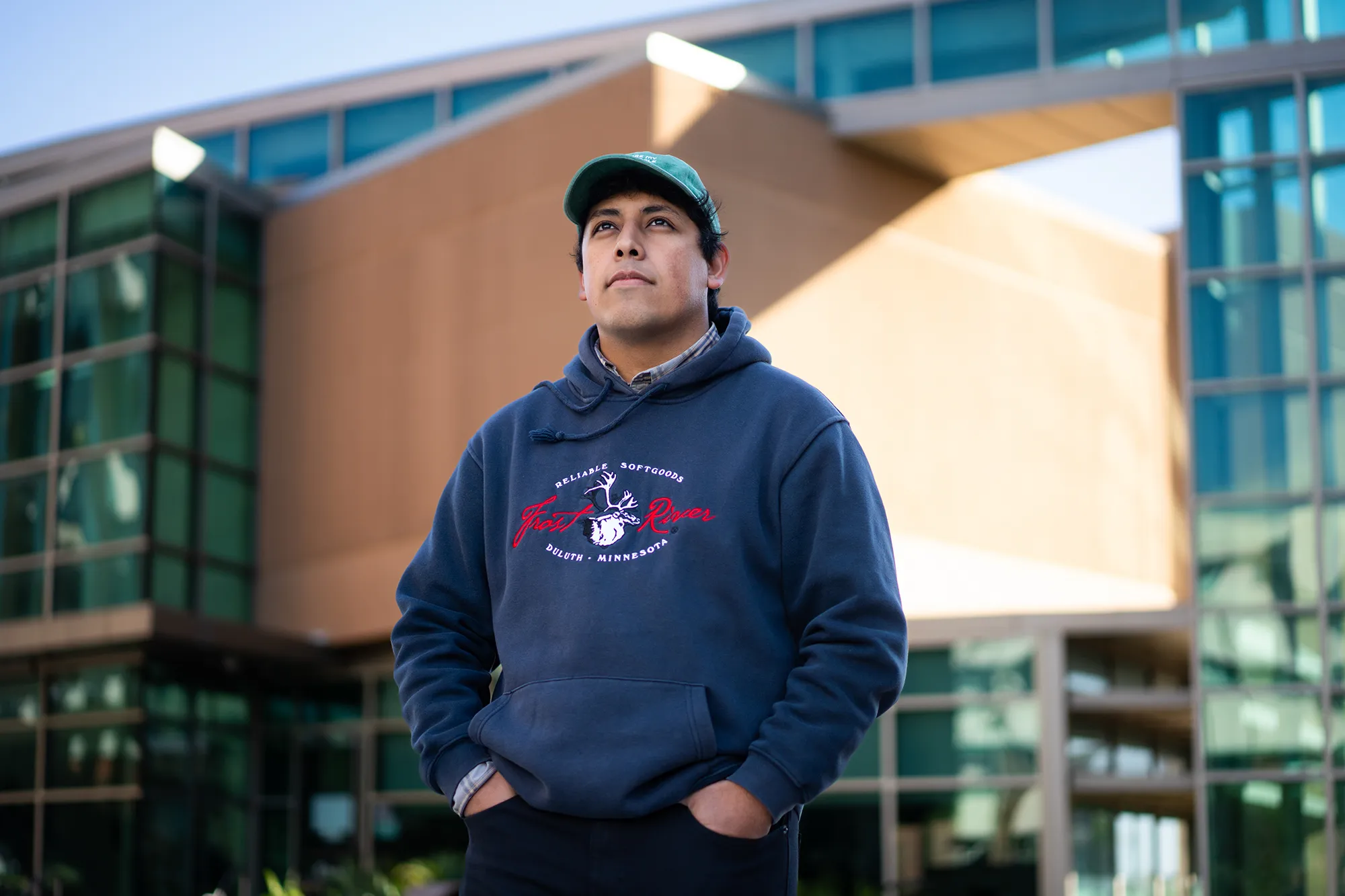Wave Wire Services
LOS ANGELES — The Los Angeles Unified School District board unanimously approved a four-year employment contract with newly chosen Superintendent Alberto Carvalho Dec. 14, formalizing his selection to lead the nation’s second-largest public school district.
The deal sets Carvalho’s base salary at $440,000 per year, along with relocation costs of $50,000, a district-provided vehicle and cell phone, retirement plan, and standard vacation, sick time and health benefits.
“I’m excited about this opportunity,” said Carvalho, a celebrated educator who has led the Miami-Dade County Public Schools system since 2008.
Speaking to the board following the vote on his contract, Carvalho said, “My excitement is a reflection not only of the opportunity that Los Angeles offers to all of us, but also reciprocally and with equal weight the responsibility we have to emerge from this crisis stronger than we entered it, eliminating the gaps that currently exist, stabilizing conditions that are so prevalent throughout the country, and really in a very forceful, respectful, compassionate way, recognize the needs of students, their parents, the families and certainly our workforce.
“I commit to you and this community to work every single day in a determined way that elevates the dignity and humanity of all children and every person who believes and impacts their future. And I know and can assure you, together we will accomplish great things.”
It was unclear exactly when Carvalho will assume the superintendent’s position. His contract is set to begin March 1, but could begin sooner.
In announcing the selection last week, LAUSD school board President Kelly Gonez said Carvalho “will bring deep experience as an educator and leader of a large urban district to the role of superintendent of L.A. Unified.”
“His leadership will help our district navigate the short-term challenges of the ongoing COVID-19 pandemic and will help us reach the long-term goals for recovery laid out by the board in June. The entire board eagerly looks forward to working with him on behalf of the students and families of L.A. Unified,” she said.
Miami-Dade County Public Schools is the fourth-largest system in the nation. Carvalho is a well-regarded leader in the education field who briefly considered a move to lead the nation’s largest school system — New York City — three years ago but backed out of the post to remain in Miami.
According to his official biography, Carvalho, 57, is a “nationally recognized expert on education transformation, finance, and leadership development” who has led the Miami-Dade system to become “one of the nation’s highest-performing urban school systems.”
“As a staunch believer in school choice, he has expanded choice options in Miami-Dade to over 1,000 offerings that include bilingual programs, fine and performing arts, biotechnology, engineering, robotics, aviation, forensic sciences, and many others,” according to his biography.
He was named the 2014 National Superintendent of the Year by the American Association of School Administrators. The district also won the Broad Prize for Urban Education in 2012.
The Miami-Dade school system has roughly 350,000 students. The LAUSD has more than 500,000.
Born in Portugal, Carvalho previously taught physics, chemistry and calculus in Miami and was later an assistant principal at Miami Jackson Senior High School.
Former LAUSD Superintendent Austin Beutner stepped down in June at the end of his employment contract. Megan K. Reilly has been serving as interim superintendent of the nation’s second-largest school district ever since.
Earlier this year, in the midst of the superintendent search, the LAUSD released the results of a sweeping survey of district parents and other stakeholders, with 90% of them saying the next superintendent should have experience working in public schools as a teacher or administrator. When Beutner was hired, he had no formal experience in public education, although he ultimately earned positive reviews for his leadership of the district during the COVID-19 pandemic.
According to the survey, nearly 89% of respondents felt the next superintendent should have experience managing a large “organization in transition,” and 66% felt it was important for the person to come “from a historically underrepresented community” or closely reflect the district’s student population.





